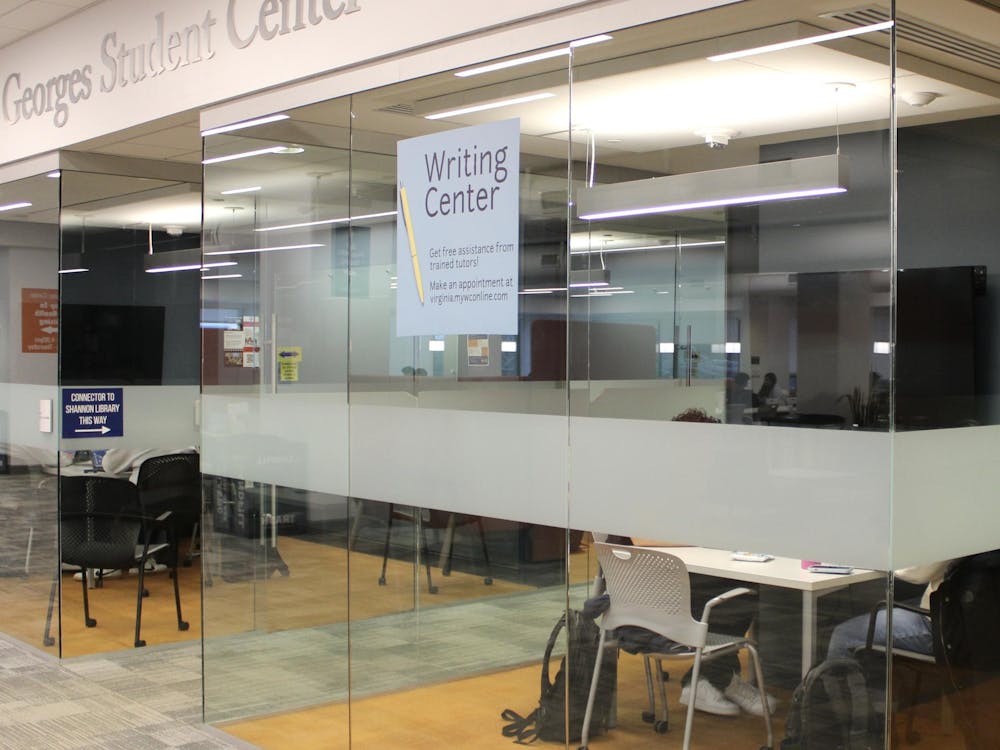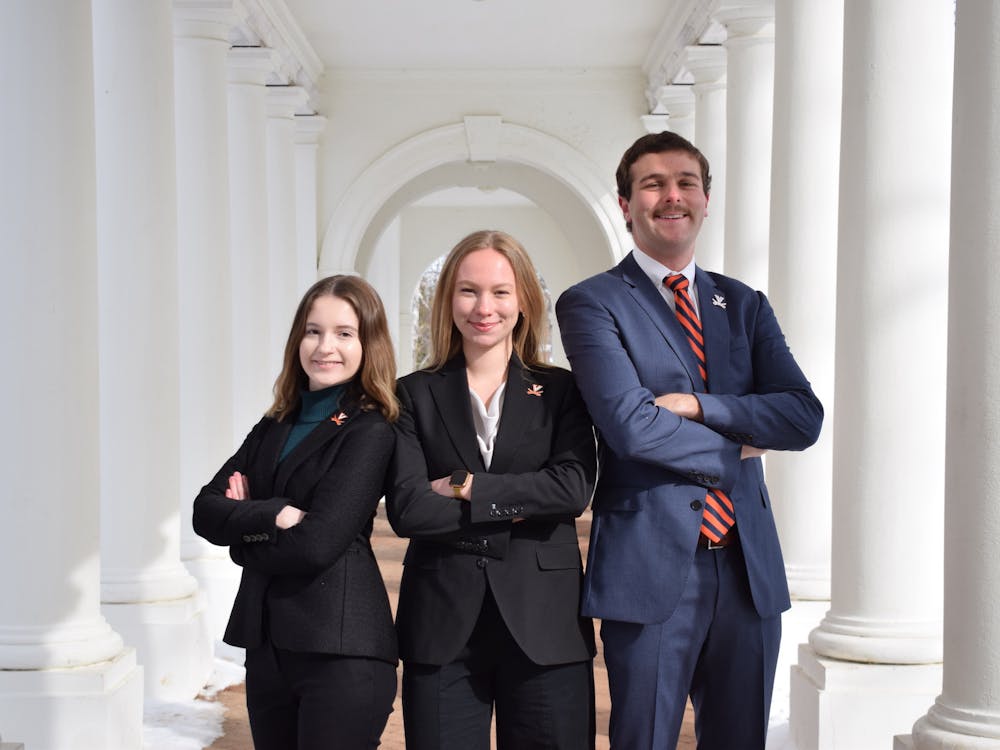The Honor Committee voted last night to table its discussion of a proposed alternative penalty to the single sanction until later in the term. Nineteen members voted to table the legislative proposal while two voted against tabling in hopes of immediately continuing discussion. Chair Ann Marie McKenzie abstained her vote.
"Informed retraction," introduced by the Committee Oct. 16, would give students who have been notified that they are under investigation for committing an honor offense an opportunity to admit to their wrongdoings and avoid the trial process.
After a suspension period, the offender would eventually be allowed to return to the University.
McKenzie first posed two questions to the Committee: "What [is the Committee] trying to accomplish through implementing the informed retraction?" and "What problems [are the Committee] trying to address through the informed retraction?"
The Committee identified discrepancies in what the legislation is actually trying to accomplish. Graduate Arts & Sciences Rep. Emily Charnock said she saw informed retraction as an opportunity for students who "did know that they were committing an honor offense" to reflect on their actions. "There's some kind of recognition of your mistake and a changed orientation that allows you to come back into the community," she said.
College Rep. Ellie Perkins, however, said it is too difficult to try to investigate what an honor offender's intentions were. "You can assume in a case what you think happened, but you don't know a student's intentions," she said. "It's difficult to tell."
Several Committee members expressed concerns that the legislation doesn't fundamentally address the Committee's current issues. Commerce Rep. John Mark DiGrazia, who identified himself as an original proponent of the legislation, said, "I think it's something that aims to address a lot of the fundamental problems we have, but ultimately it doesn't. You can think of so many problems with it."
Vice Chair for Trials Anna Mohan offered similar thoughts about the legislative proposal.
"I don't think we're accomplishing the objective that we think we're accomplishing with the informed retraction," Mohan said. "I think it's really tricky to try to divide up whether we're undermining the [current] system and whether we're just changing the make-up of it."
DiGrazia identified more fundamental problems with the system. "Honor is becoming more and more a less relevant institution at U.Va.," he said. "A lot of these issues have to do with single sanction, but if that's true we should delve into single sanction and create something beside it. I think we should start reaching out to the community in a more relevant way."
In an effort to garner more community opinion, he said he would like "a survey that really details where honor is right now. It'll provide an actual start to future committees."
The Committee also discussed other projects and initiatives it would like to pursue. Those ideas included addressing the expansion of the Committee's jurisdiction to more acts than just those of lying, cheating and stealing.
"There are a lot of things that are categorized under 'dishonorable,'" Batten Rep. Michael Karlik said. "Should there be any more offenses that are under our jurisdiction?"
The Committe considered whether cases of abuse of Adderall and other performance-enhancing drugs for academic and athletic purposes should fall under its jurisdiction.
Vice Chair for Investigations Liz Rosenberg emphasized that a major problem with the current system is the overly long investigation and trial length. "A lot of professors said the No. 1 reason they would not report was the case processing took way too long - they have other things to do," she said. "Working on this is absolutely indispensable."
Although the Committee has tabled discussion of the legislative proposal, it is seeking more community input about it.






